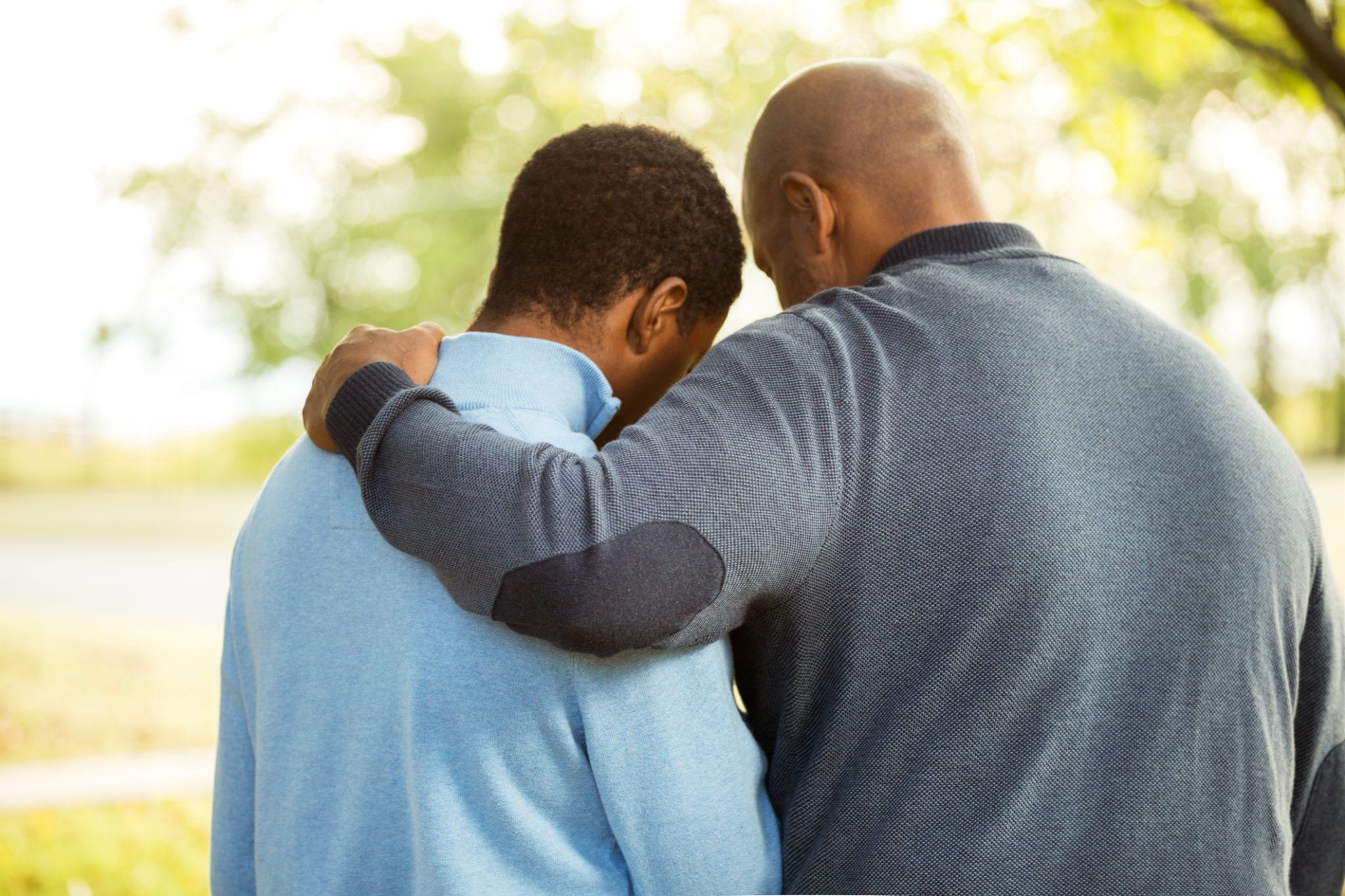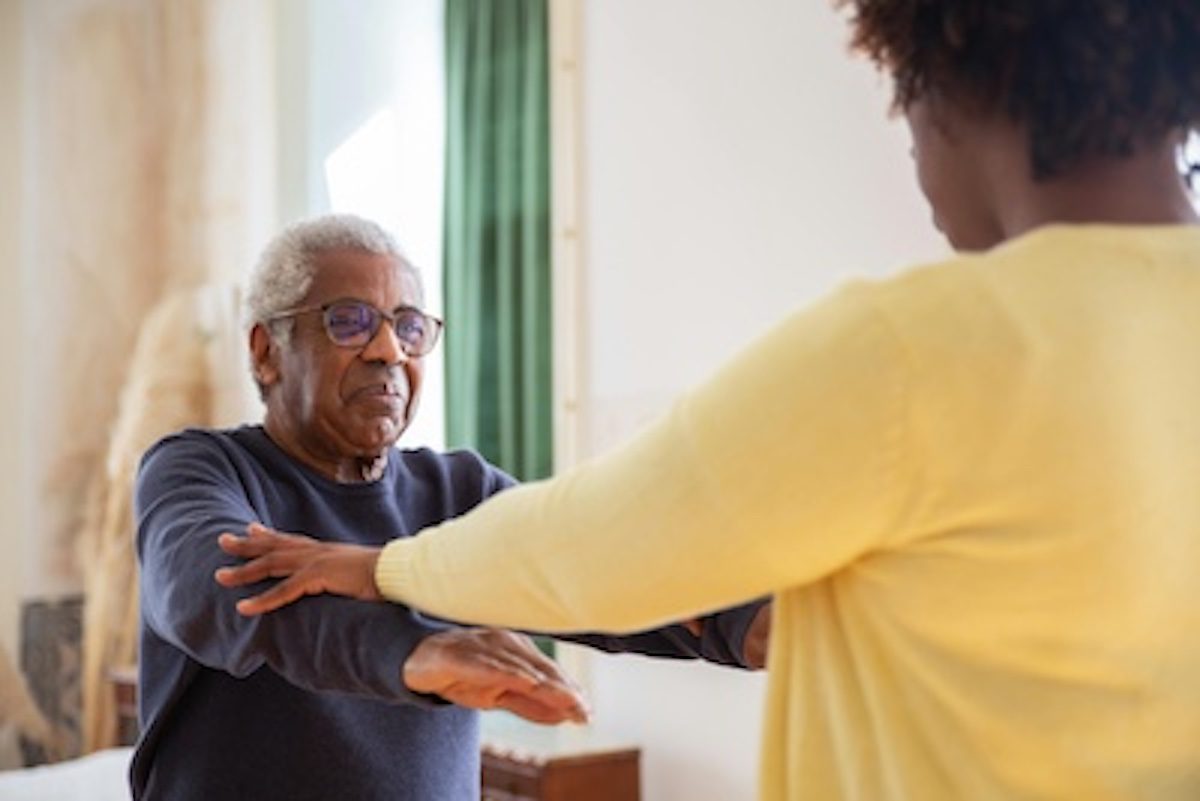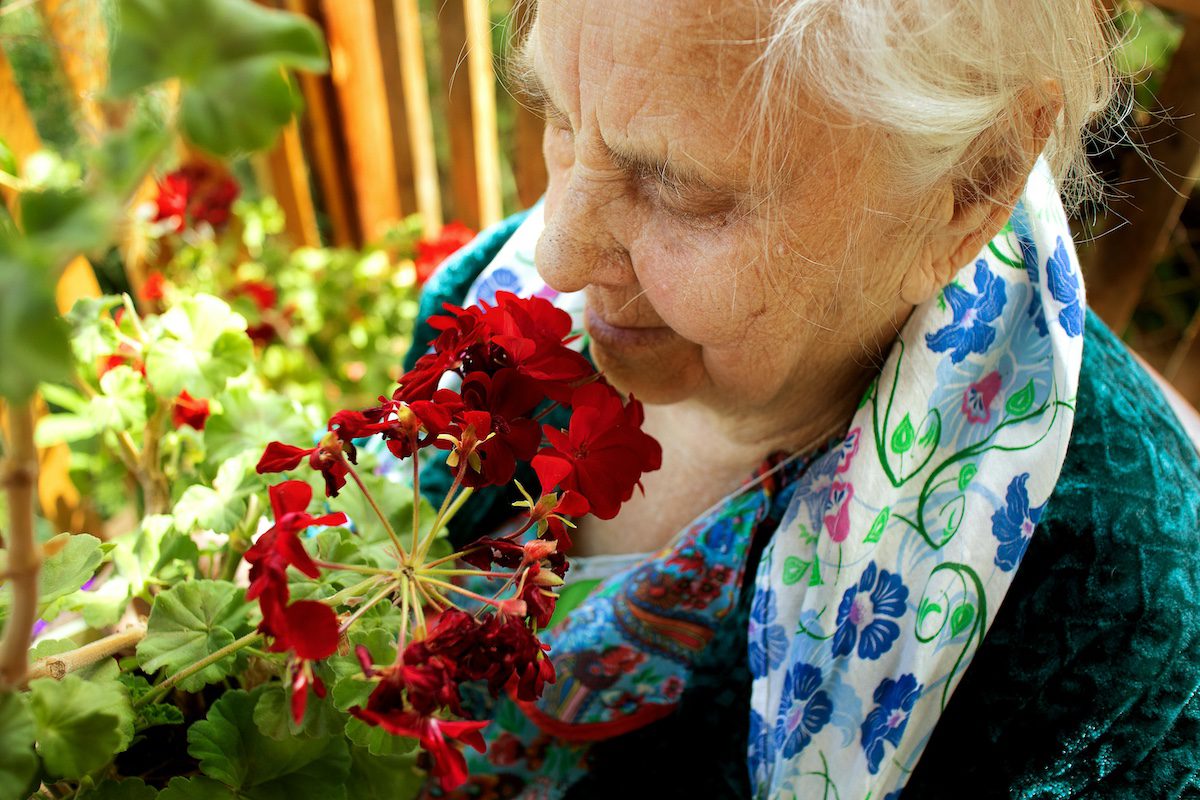There are many things you or a loved one may face at the end of life. Hospice patients often experience emotional and spiritual pain during their final days. Feelings of fear, hopelessness and uncertainty manifest as people face debilitating situations and the reality of death.
Understanding spiritual pain and where it comes from helps patients find peace. Spiritual care at the end of life can resolve distress and fear. Chaplain Bill Niebuhr of Seasons Springfield shares how hospice chaplains work with patients to identify the source of their spiritual pain and provide support.
What Is Spiritual Pain?
Spiritual pain comes in many forms. Hospice patients may no longer find meaning in life or their current situation. They may feel overwhelmingly hopeless or afraid of what’s next. Their pain may stem from being unable to forgive someone, or they may worry they can never be forgiven. Patients may have unresolved conflicts, deep regrets or important last wishes that cause them distress.
“Physical pain tells us something needs attention. Something needs support or help. We seek to rectify that, to fix it. The same is true spiritually,” says Chaplain Bill. “To my understanding, spiritual pain has to do with not connecting with God, not having fellowship or a relationship with Him.”
At the heart of any type of spiritual pain is a struggle to find meaning, hope, peace, connection or love. For Christians, a relationship with God helps you discover unconditional love and a greater purpose.
Some patients refuse spiritual support. Chaplains respect the patient’s decision and spiritual position. They remain ready to offer support at any time should the patient request it, but they do not push their beliefs onto patients.
How Does Spiritual Pain Manifest?
Spiritual pain is the opposite of being at peace. When someone experiences spiritual pain, they may feel extremely anxious, stressed, restless or afraid. Hospice patients may feel like they are alone in their suffering. Sometimes patients focus on the past and ignore their current place in life. Others stress over leaving family members. Some withdraw from interactions.
“Sometimes, you can tell there may be an absence of peace and joy. When people have a strong connection with the Lord, there’s a calmness. There’s a peace. There’s a joy. They may go through agitation from the physical problems they are facing, but, generally, there’s a deep, abiding peace,” says Chaplain Bill. “If it’s well with somebody’s soul, there’s a light. There’s a joy that radiates deep in their heart.”
Every person’s situation is unique. Someone’s decline in health determines how much they can say and do. If patients cannot speak and express their wishes, family members can help chaplains understand the patient’s distress. Even people with strong faith can experience spiritual pain at the end of life.
The Role of A Hospice Chaplain
Coping with or resolving spiritual pain is different for everyone. If a patient chooses to receive spiritual support, chaplains help them meditate on God and what’s to come. What does a hospice chaplain do exactly? When a hospice chaplain visits a patient, they come to listen, understand and identify the patient’s spiritual needs.
“A lot of what chaplains do is a ministry of presence. They are there. They care. They empathize,” says Chaplain Bill. “The first responsibility of love, I’ve heard people say, is to listen.”
When hospice chaplains visit, they might do the following:
- Listen. Chaplains are advocates for patients. Through conversation, chaplains ensure the patient’s wishes are heard.
- Ask questions. Chaplains help others find assurance in God and the promise of eternal life. They help patients work through spiritual uncertainties, negative emotions and big questions while encouraging them to think out loud.
- Pray. According to a patient’s wishes, chaplains will pray with them over their anxieties, concerns and hopes.
- Read scripture. Many find comfort in scripture. After patients share their thoughts, chaplains may refer to scripture and share passages of God’s word.
- Play hymns. Chaplains help patients rejoice in the Lord. They may play a hymn or sing along with a patient.
- Life review. Reflecting on a patient’s memories and values can help them derive meaning from their life. Patients can share what they’re grateful for and expand on their accomplishments and failures.
- Share joy. Chaplains look for ways to share the joy of the Lord with patients, if appropriate. When done skillfully, with empathy for the patient’s suffering, sharing a laugh can be therapeutic.
- Connect with your local church. Hospice chaplains help patients re-engage with local fellowships. If a patient once attended a church in the area, chaplains work to coordinate care with other religious leaders.
If requested, chaplains aid in inviting Christ into patients’ lives or reaffirming their relationship with Him. Having Christ in your heart brings joy, peace and the assurance of everlasting life. He is the light at the end of the tunnel that provides many with comfort in their final moments. As author C.S. Lewis once wrote, “There are better things ahead than any we leave behind.”
Are you searching for hospice care?
Contact Seasons Springfield. Our faith-based hospice program offers pain management, grief support and spiritual care to those in the Southwest Missouri area. Our spiritual support services are optional for patients and families.




